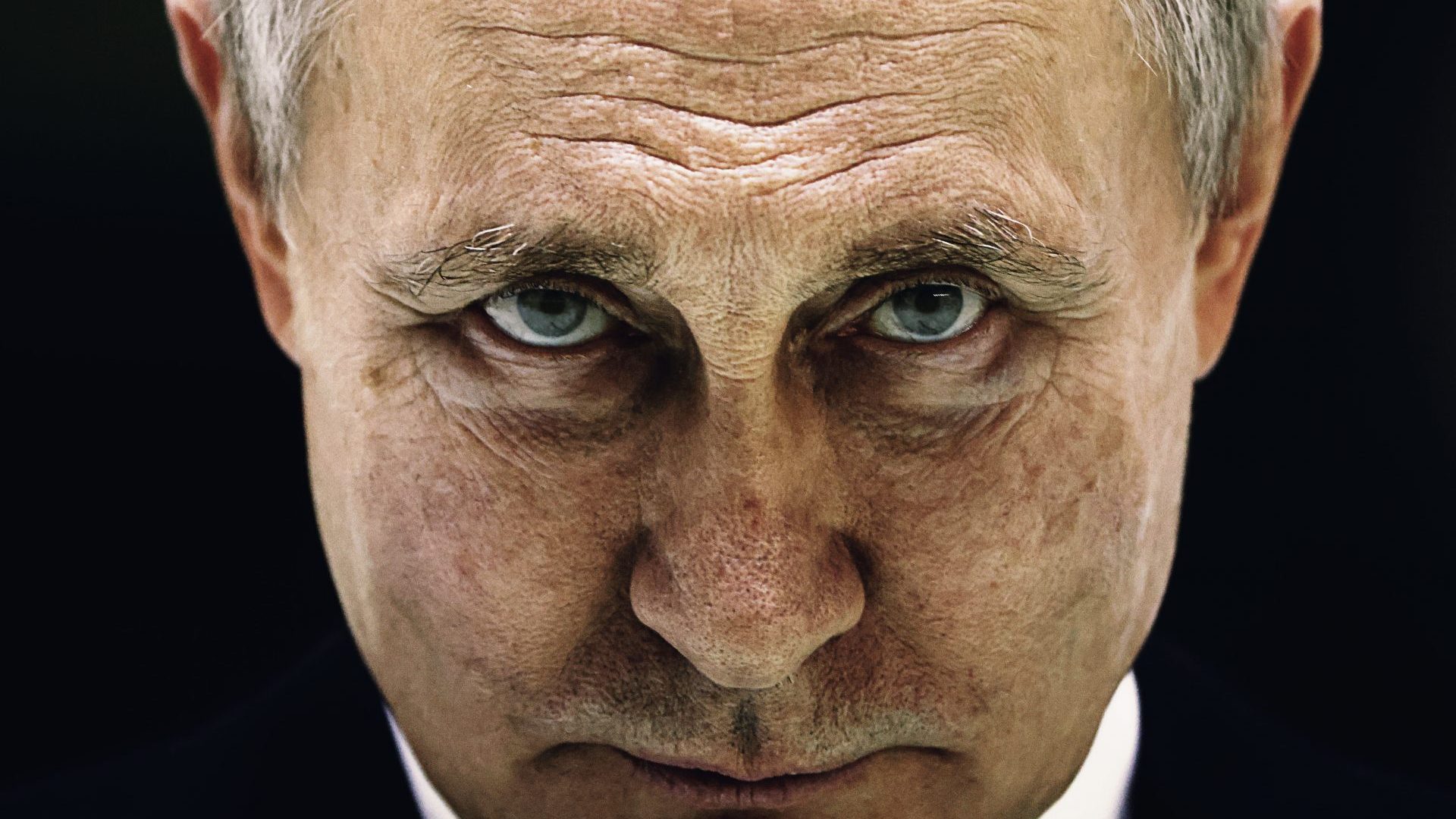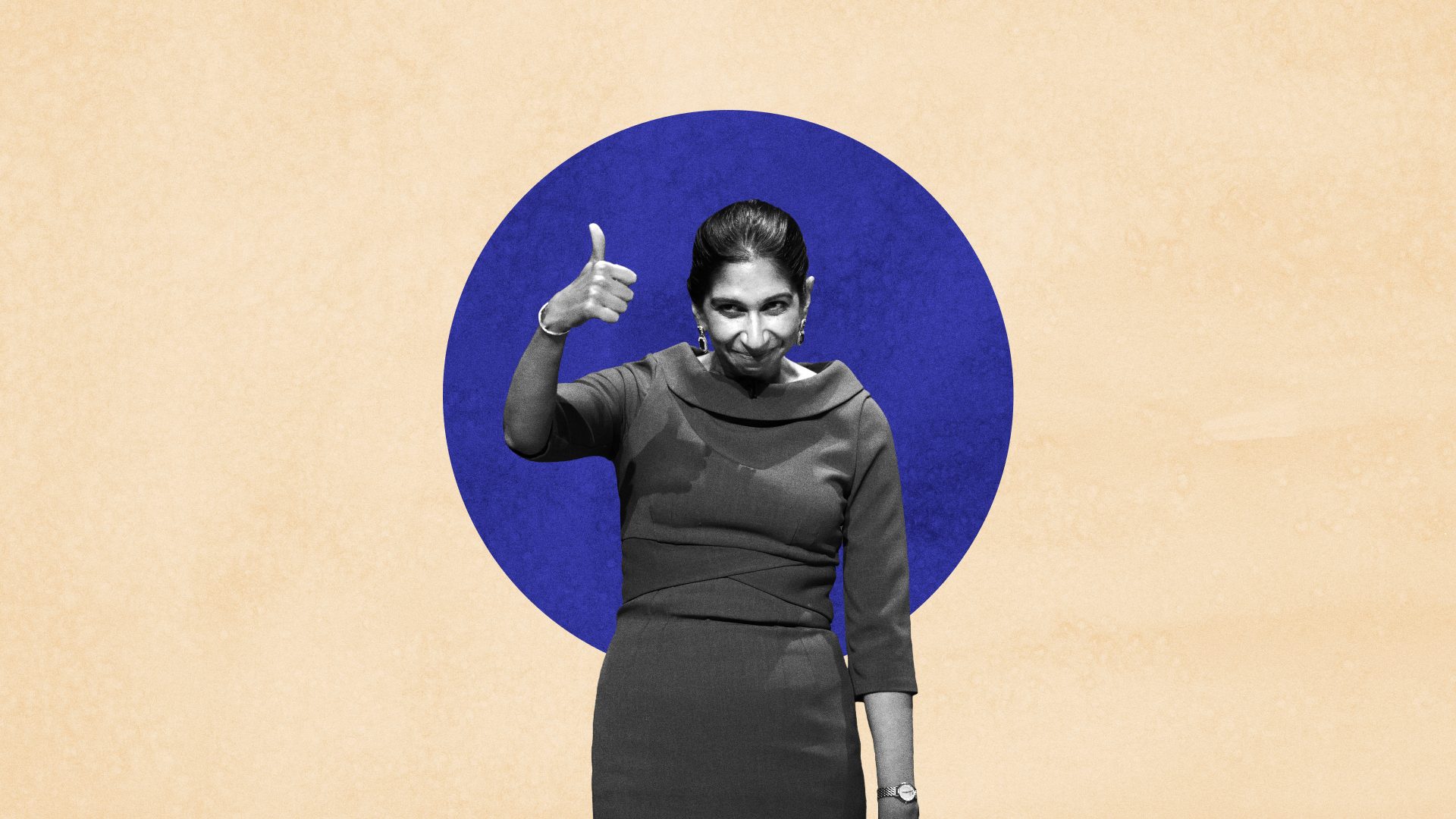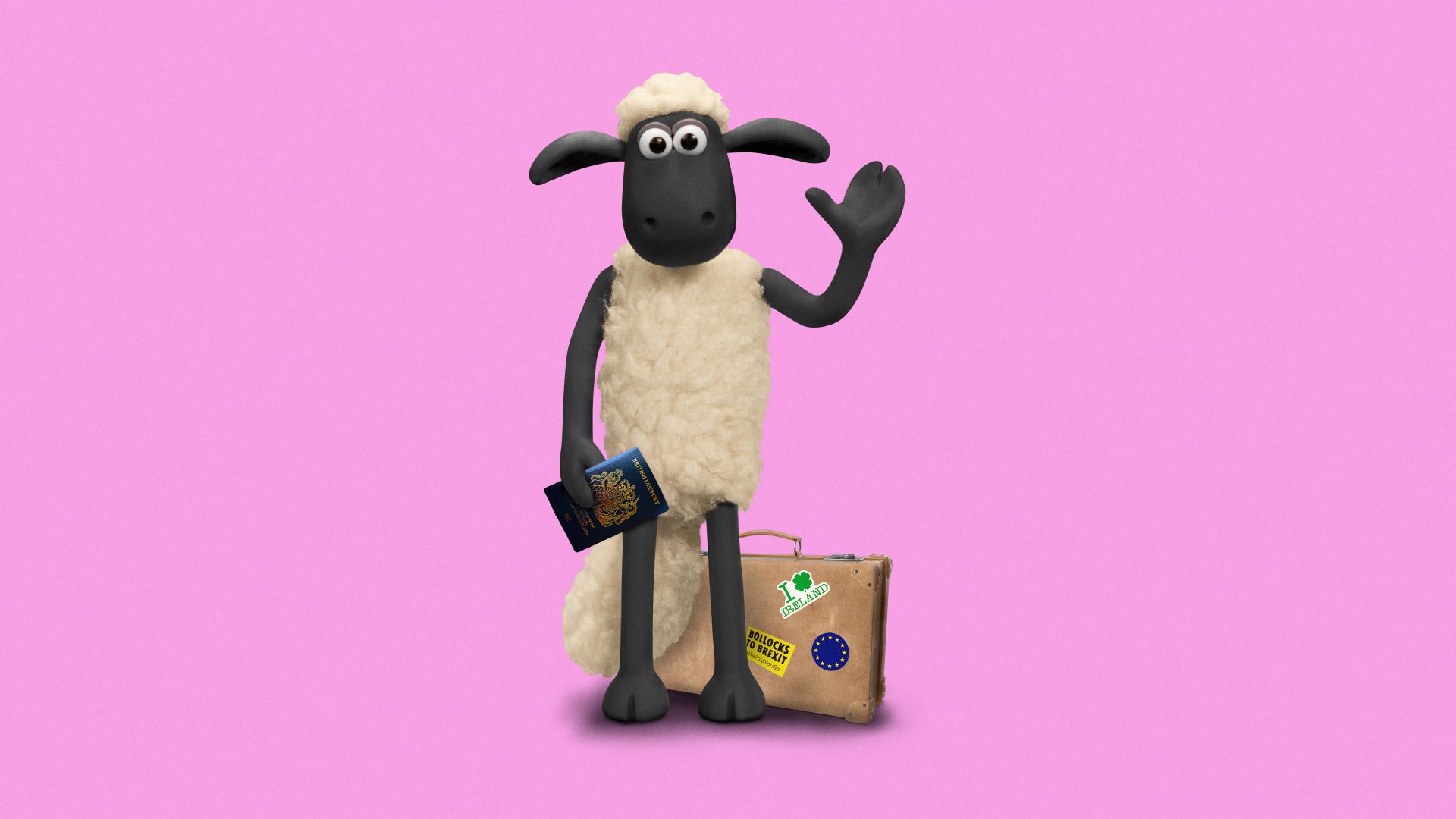In communist times, Russians rarely used the word kupits, “to buy”. When a friend or neighbour sported something in the shops that hadn’t been seen for a while, a can of Heineken or toilet paper that didn’t resemble sandpaper, they would be asked where they had got hold of such luxuries. And they would have been expected to grab as much as they could carry in their string bag.
In a society hard-wired to shortage, queuing and all-round grimness, dostats, “to get hold of”, was the only verb to use. “To buy” suggested market value and regular availability, of which there was none.
It is worth remembering that, a year into Vladimir Putin’s assault on Ukraine and a year into the supposed isolation, for most of their history Russians have had it worse; much worse. The shortages resulting from sanctions and from the loss of markets are having a certain impact, but not remotely enough to shake the fabric of society or alter the mindset of the many who either vocally support the invasion or quietly acquiesce to it.
“The contrast between the scale of the external shocks faced by Russia and the relative inertia inside the country is striking,” writes Tatiana Stanovaya, a Moscow-based senior fellow at the Carnegie Endowment for International Peace. “Despite military failings and punishing sanctions, most Russians have gone on with their lives as though nothing is happening, while the elites have tried not to think about what tomorrow may bring, instead putting their full trust in Putin.”
As for the so-called sanctions, one friend reports to me from his second home in France: “It’s hard to find Louis Vuitton in central Moscow, but there’s always Miu Miu.” He complains he now has to take an annoyingly circuitous journey via Turkey for his weekend sojourn. Still, the talent for improvisation remains as strong as ever: while real prosciutto from Parma may be hard to find, the local version has improved a lot in recent months and really isn’t at all bad, I’m told.
With young Russian men being used as cannon fodder, with Ukrainian soldiers and civilians dying as they seek to resist the invasion, I am being facetious, but only in part.
Over the past 30 years, from the collapse of the USSR to the February 24 2022 invasion, many Russians assessed their sense of national self-worth through consumerism. What their parents and grandparents had been deprived of was now potentially theirs: whether that was procured morally, amorally, legally, illegally, or in the vast grey area in between, was a detail. The west became a giant service industry, its financial advisers, creative accountants, lawyers, property dealers and private school headteachers ever willing to serve. London was the centre of this obsequiousness.
All this came to a shuddering halt when the tanks rolled into Ukraine. Or rather, it has been put on ice. The news stories of superyachts being impounded in Italian ports and bank accounts being seized gave the impression that the system on which Russians had built and sequestered their wealth had been broken. It hasn’t. Very few assets have actually been taken, even from the adjutants close to Putin. They have rather been suspended. Thanks to western lawyers and accountants, they will be reinstated when the time comes.
How long that will be depends not just on the end of the war, but also on the nature of the ensuing peace. It seems hard to imagine that Russia can win; but it is equally unlikely it will lose. These words are, in either case, too clear-cut. The outcome is almost certain to be messy and there are many vested interests around the world that will ensure that the terms will not be too punitive for Moscow to bear.
It is still far too early to anticipate the architecture of a future Ukraine and Russia. After the relative stasis of the past few winter months, the war will shortly return in earnest with the spring thaw. Will Putin’s next offensive be timed to coincide with the February anniversary? Will Ukraine advance, as it did during its successful autumn offensive, or will it hold back in anticipation of the promised Nato tanks and other hardware?
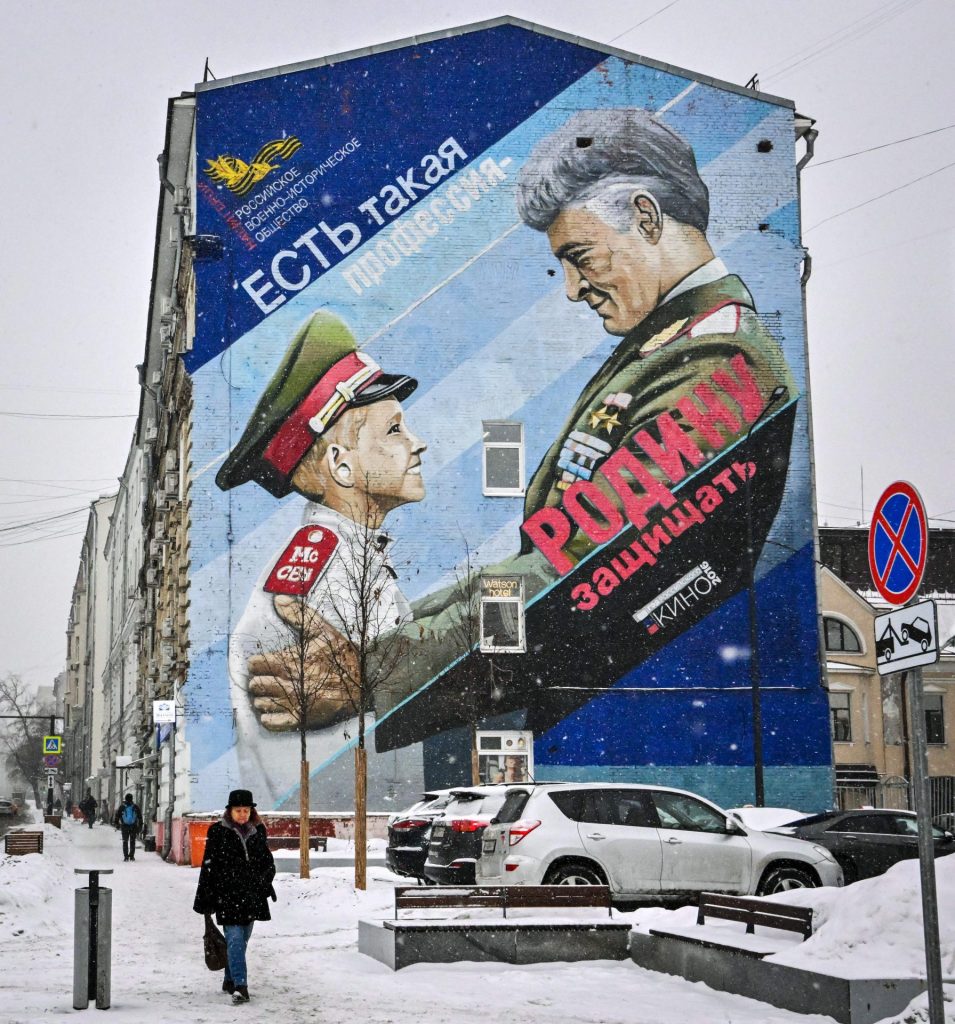
Volodymyr Zelensky insists he will settle for nothing less than the territory Ukraine possessed prior to the first invasion of 2014: the withdrawal of Russian forces from those parts of the Donbas and Luhansk regions it occupied and, crucially, Crimea.
The US and Europe are being more vague because they have not worked out what victory looks like. A recent report from the European Council on Foreign Relations spoke of a “leaderless unity”. Western policymakers, the report noted, do not believe they have the means to bring about regime change in Russia; at the same time, they are unable to foresee a stable future relationship with the Kremlin as long as Putin stays in charge.
What will a postwar Russia look like? Amid all the variables, one thing is certain: the hope naively vested in the country by westerners in the early 1990s (I was one of them) are shot. Liberal democracy, of the kind advocated by Alexei Navalny and Boris Nemtsov and the many other oppositionists imprisoned, poisoned or killed, will not emerge.
Russians have been indoctrinated in recent years to associate the brief democratic wave in the early Boris Yeltsin years with chaos. In many ways it was: those who could, stole. Those who were naive enough to stay in their state jobs ended up not being paid. Putin – at least until recently – provided stability and a sense among the middle class that they were doing reasonably well. Hence the quiescence. There are no political or economic levers for change inside the country, and no momentum for it internationally, where the populistauthoritarian wave is stronger than ever.
If Putin stays – and it’s hard to see how he would stay alive if he handed over power – the road back to global markets and a certain respectability will be slow. In his first three or four years in power, he did make overtures to the west, and part of his deep-seated grievance is his feeling that he was taken for granted.
If he were forced out, the manner of his departure would determine the next steps. One of the west’s greatest fears is instability; a power struggle in a nuclear-armed country. The worst-case scenario would be the seizure of power by either of the two most colourful warmongers.
One is Ramzan Kadyrov, leader of the autonomous Chechen Republic, who has sent thousands of his fighters on to the frontline, while berating Putin for not going in harder against Ukraine. Kadyrov is one of several rogue actors entrusted to deliver what Russia needs to sustain its prolonged offensive: money, training and manpower. It was reported at the start of the war that Putin charged him with assassinating Zelensky in Kyiv, a task that eluded him (and which is now denied).
I’ve had the curious fortune of visiting Kadyrov at his lavish lair in Grozny, the Chechen capital – a grotesque palace together with an artificial lake for jet skiing, riding stables and his own zoo. Not so long ago, he was a quirky thorn in the side of the Kremlin; now he is a figure on which it depends. He is happy to call himself Putin’s foot soldier; his thugs have been identified as some of the worst perpetrators of war crimes.
The other mad, bad and dangerous figure is Yevgeny Prigozhin. A native of the Russian president’s home town, St Petersburg, he was sent to prison for fraud and corruption early in his career (some feat getting yourself locked up doing what everyone else was doing). On his release, he started selling hot dogs outside the mayoral building where Putin was working. He went from there to become his personal chef, effortlessly elevating himself into the status of super-rich.
Prigozhin shot to global prominence as head of the Wagner Group, a private military contractor that did much of the Kremlin’s dirty work in Syria. He has adopted the Ur-Trumpian attributes of the anti-establishment warrior who finds favour in miserable small towns. It is possible that he is too notorious even by Russian standards to become president; more likely is the role of kingmaker.
Whereas at the end of the 1990s it was the oligarchs who called the shots – it was Boris Berezovsky who persuaded the Yeltsin family to install Putin, only to be knifed in the back once his protege had made it to the Kremlin – now the people who matter are the militaristic ultra-nationalists. It is still likely that someone from the political or security establishment eventually takes over, but only if they adopt a hard line.
The west would settle for anyone who instilled a modicum of stability and reliability, whatever their ideology. As James Cleverly, the foreign secretary, pointed out in a speech just before Christmas, expectations have been lowered.
The concept of democracy promotion has long been jettisoned – it has not had a great track record, after all. What matters now to the UK and its allies are adherence to international law and territorial integrity. Multiparty democracy, freedom of expression and other liberties are preferences rather than determining factors. In this regard, foreign policy has caught up with the reality of realpolitik. Britain and the others have seldom been fussed by what friends such as Saudi Arabia get up to.
Most of the Russian elite, for its part, has given up on the west (though they would still like to hold on to the villas, the cars, the access to top schools and high society). Russians’ global points of reference have moved eastwards, to the UAE, Thailand and Singapore. Property prices in Turkey, from the corniche in Istanbul to the beach fronts of Antalya, have soared. According to the Ministry for Digital Development and Communications, around one in 10 Russians working in IT have left the country – many to avoid conscription – the total estimated at around 100,000. Yet four out of five are continuing to work for Russian companies. The unwritten digital nomad deal appears to be working for both sides.
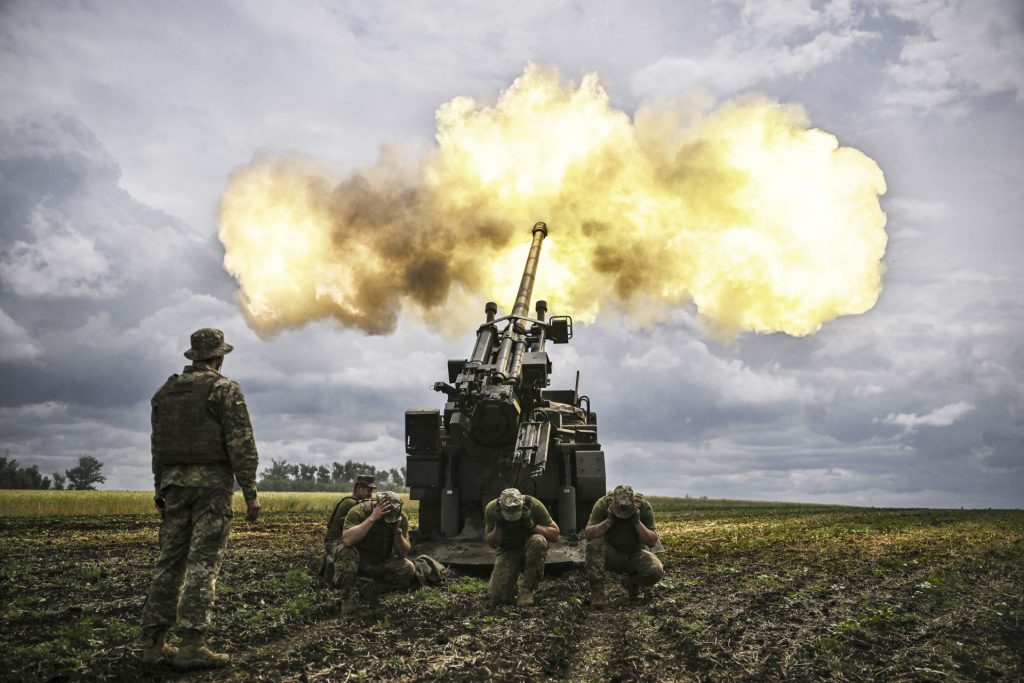
The brain drain makes things easier for Putin, at least in the short term. Most of the young metropolitan liberals trying to forge new lives for themselves in Tbilisi, Riga or Prague are critics of the war. The further away they are, the less resonance they have back home. That is why Navalny decided to go back to his homeland after doctors in Berlin saved his life from novichok poisoning. The German authorities had offered him asylum and warned him of the dangers, but he knew that, as an exile, he would be finished as a political force. Now he is seriously ill in solitary confinement.
A small group of young Russians have decided to stay and continue to media or in street commemorations for war dead. But they are a tiny few. For the vast majority who have either chosen to stay in Russia, or had no other choice, there are only two options: quiet acquiescence or strident nationalism.
The repeated conscription drives have caused consternation and panic; but beyond trying to sneak their young men out, there is nothing people can do. As with Vietnam, it is the poor in the provinces who are affected. There are workarounds for most of middle-class Moscow and St Petersburg.
No matter how bad it is, those who remember life before 1991 know it could have been a whole lot worse. At first glance, the figures might look worrying. The latest World Economic Forum report anticipates growth will be restricted by “demographic decline” (young men going off to fight or fleeing the country) and low productivity. Investment is hampered by uncertainty and restricted access to global finance; imports are down by up to a quarter. But the harshest impacts on the economy are still largely confined to those sectors specifically targeted by sanctions. And even then, the predictions that airlines wouldn’t be able to fly or vital industry would shudder to a halt because of a lack of western parts have yet to materialise.
A survey of companies by the central bank in April found that two-thirds were struggling with disrupted supply chains. By the summer, that number had decreased to 50% and is going down further. When the heaviest sanctions were introduced in March, some economists predicted a rapid economic collapse, perhaps by as much as 30%. That did not happen; oil and gas revenues continued to flow in; China and other authoritarian states filled in some of the gaps (albeit negotiating favourable terms); the rouble soon recovered.
What is emerging is something different – not a dramatic but a steady decline. Russia is trying to operate a modern economy without the ability to import many of the components, raw materials and technologies on which it depends. It will be able to re-source analogues from “friendly” countries, but contraction is inevitable.
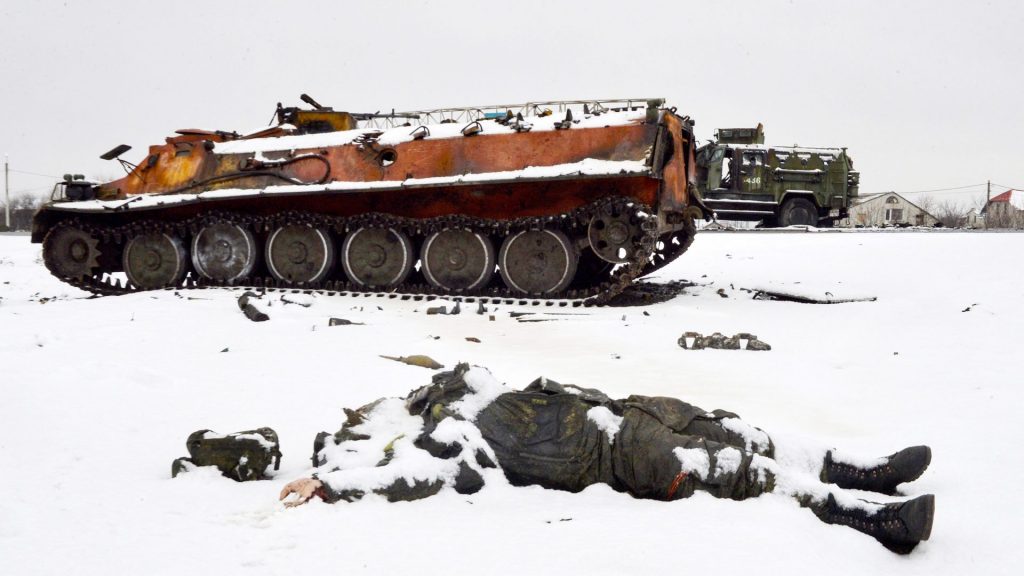
Which brings me to the factors on which Putin is pinning his hopes: Russians’ ability to adapt and to survive the worst, and western fatigue and self-interest. Europe has got through this first winter of cost-of-living crisis and energy-price shocks comparatively smoothly.
But will politicians be willing to put their voters through it once again, next autumn? Russia is still a relatively small market, but there is still money to be made.
In a fascinating take-down of western hypocrisy, Nina Khrushcheva, the New York-based great-granddaughter of Stalin’s successor, Nikita Khrushchev, compared populism in the US and Europe with Putin’s regime. Both, she said, depended on a social contract, an invented reality “no matter how absurd or impossible,” and the credulity of the people.
“Lest any westerner feel a sense of superiority, [it would be useful to] recall that a similarly blinkered, consumerist reverie has predominated in western societies through countless conflicts, crimes and improprieties, committed both at home and abroad,” she writes. “And today, many people in western democracies are happy to enter into a morally bankrupt bargain with their leaders that has more than a little in common with the one seen in Russia.”
Her suggestion of moral equivalence jars. The history of the war and of its effect on Russia has yet to be written. When it is, it will sadly reflect a continuum, rather than anything that brings hope for change for the next generation


